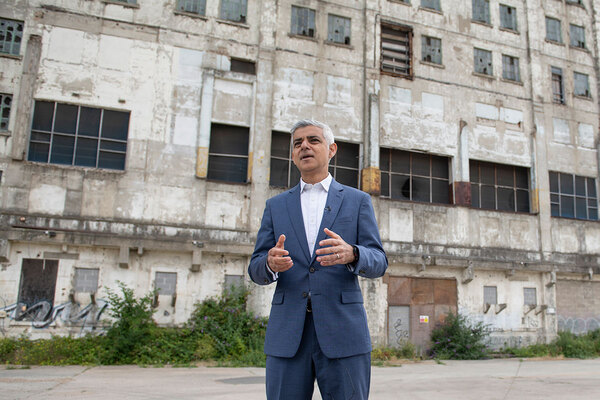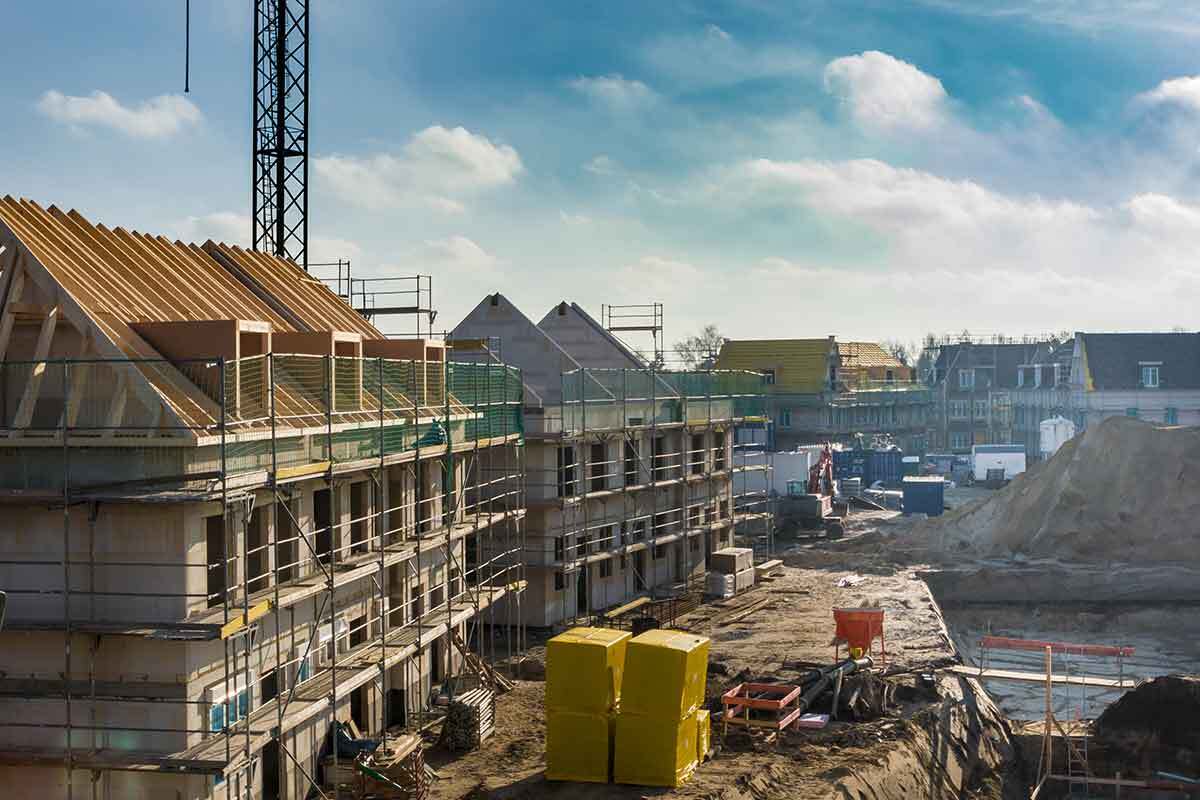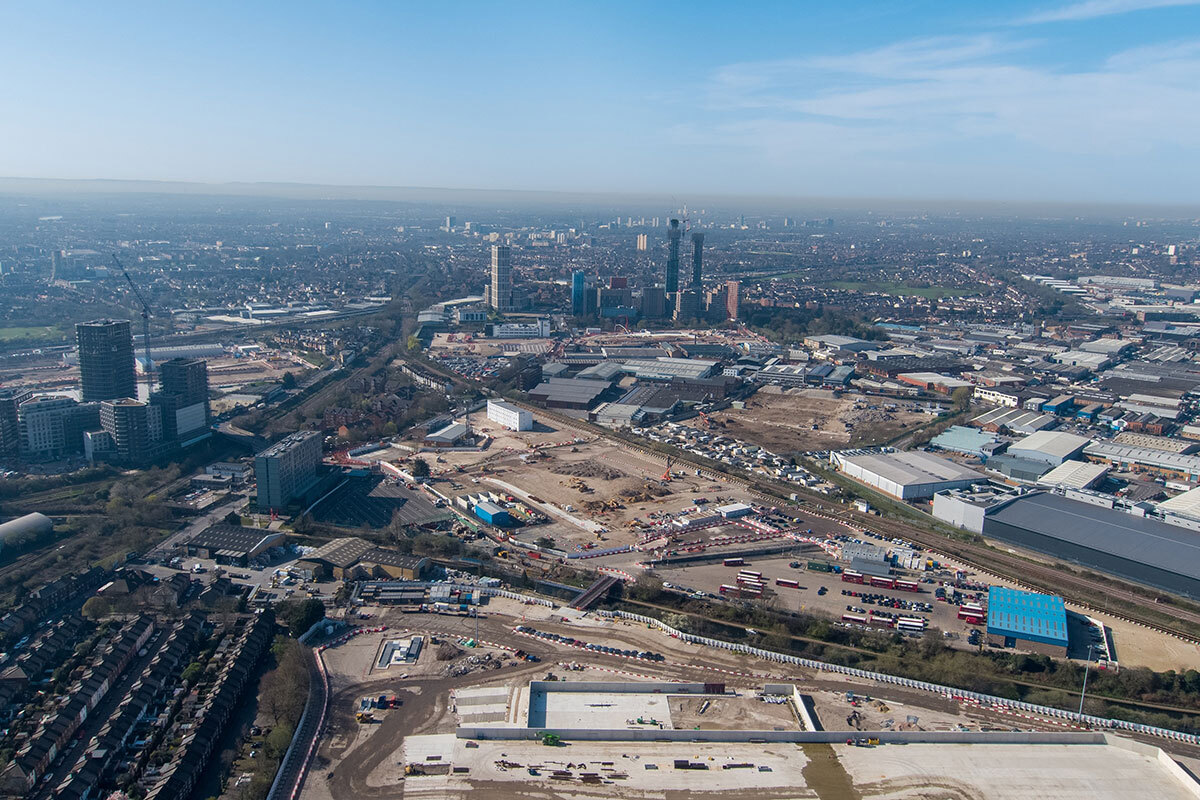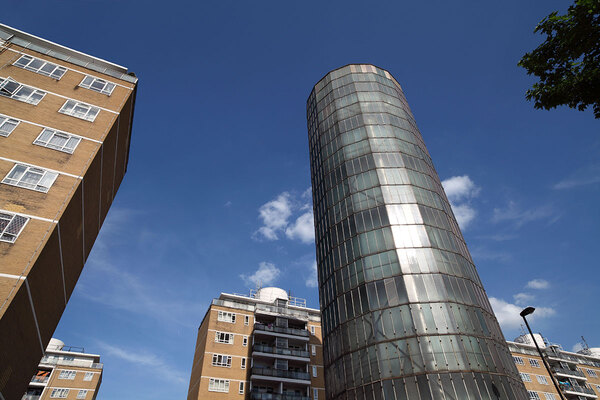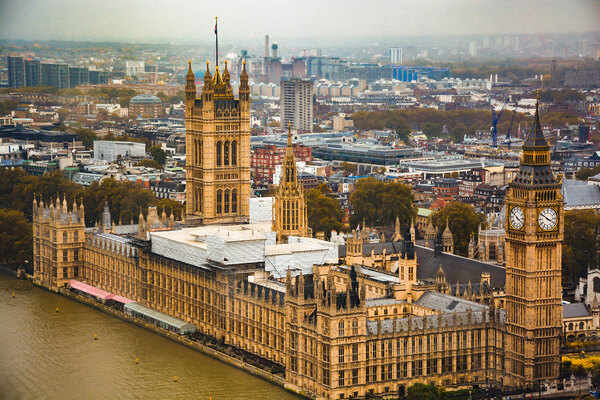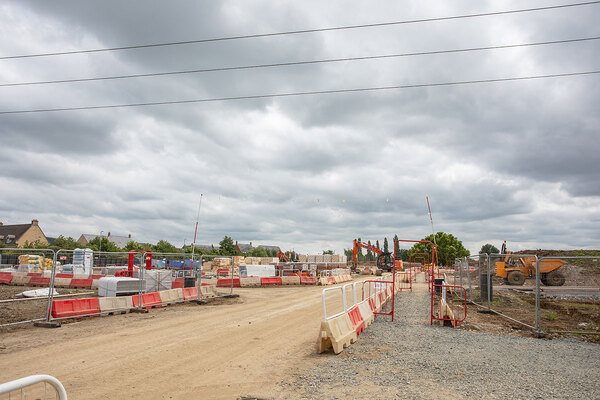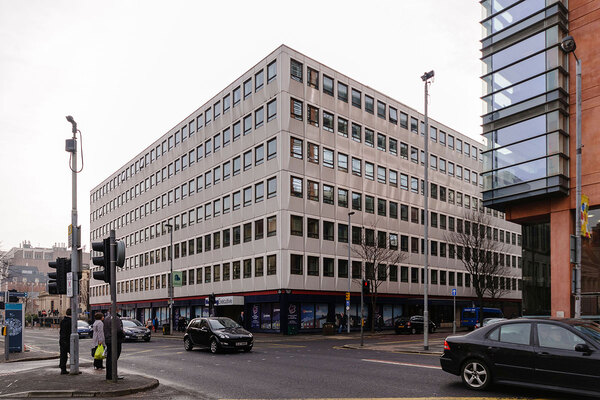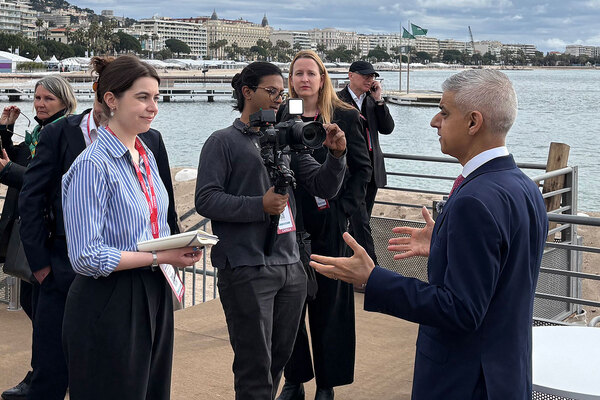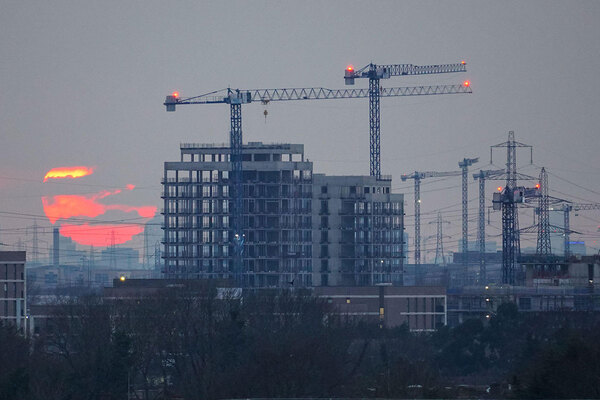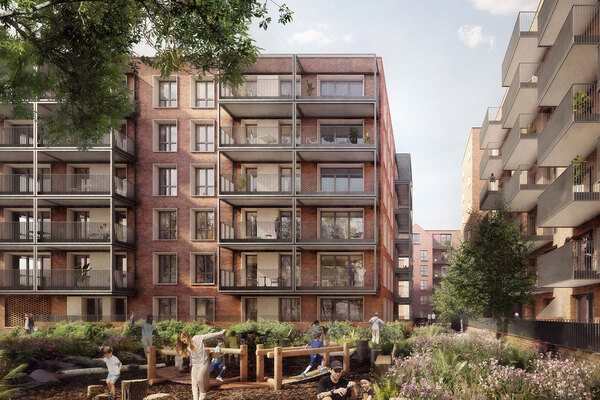The government should reconsider grant rates due to ‘massive inflation’, says London mayor
It is not unreasonable for housing associations and developers to ask the government to reconsider grant rates in light of rapidly growing inflation, the mayor of London has said.
Speaking to Inside Housing following a tour of a development site of one the largest brownfield sites in London’s docklands, Sadiq Khan said it is important that the government looks again at current grant rates.
Mr Khan said: “What’s important for the government to understand is that we’re having challenges now getting partners to agree on the current [grant] rate that’s been agreed because that was before the massive inflation we’ve seen.”
The mayor said he fears development schemes being paused, as the sums currently allocated to schemes no longer add up.
He added: “It’s really important for the government to step in. It’s in nobody’s interest for these schemes not to happen.
“Bearing in mind that nobody could have foreseen the inflation we’re talking about, I don’t think it’s unreasonable for the developers, the associations, the councils and us to say to the government: you should reconsider.”
Mr Khan was speaking at the Millennium Mills building, a derelict turn-of-the-20th-century flour mill on the bank of the Royal Docks in Newham. He praised the £3.5bn regeneration plans for the area, which will create 6,000 new homes in total.
Homes England will also provide £233m in infrastructure loan funding to help deliver improvements around the site and will support The Silvertown Partnership (TSP), a joint venture between Lendlease and Starwood Capital. It will also see the creation of workspace, alongside new space for cultural and community events.
The mayor helped to secure funding for an £80m housing grant to enable the delivery of 1,500 homes in phase one of the project, half of which will be “genuinely affordable”.
Asked whether landlords in London should apply the full rent increase in line with inflation next year, Mr Khan said: “The government should support those families who are struggling to pay rent by helping associations and councils with the difference between the rents families can afford and the current rents, and between the current rent and CPI [Consumer Price Index] plus 1%.”
In 2019, the government confirmed that social housing rents will rise by CPI plus 1% for the five years from 2020.
Last year, this was based on the September 2021 CPI figure, with social landlords able to raise rents by 4.1%. Nearly every English housing association raised rents by the maximum amount.
With CPI likely to go up even more by next April, potentially to a double-digit figure, landlords will have to make some tough decisions about how much they increase their rents.
Mr Khan said that the rent settlement should be agreed in a way that allows councils and associations to “balance the books” and still deliver the new homes they need.
The mayor also admitted that coming out of the pandemic into a high inflationary environment would make it difficult for the capital to meet the targets set out in its Affordable Homes Programme (AHP).
“It’s going to be hard,” Mr Khan said, as he highlighted a number of “scary headwinds” affecting the new starts target of 116,000 genuinely affordable homes by 2022, which has now been extended by the government to 2023.
Headwinds included Brexit, construction inflation, supply chain issues and the fall-out from the conflict in Ukraine, but the mayor said that he and his AHP partners are going to “throw the kitchen sink at this [target]”, and are confident that it can still be hit.
Sign up for our development and finance newsletter
Already have an account? Click here to manage your newsletters
